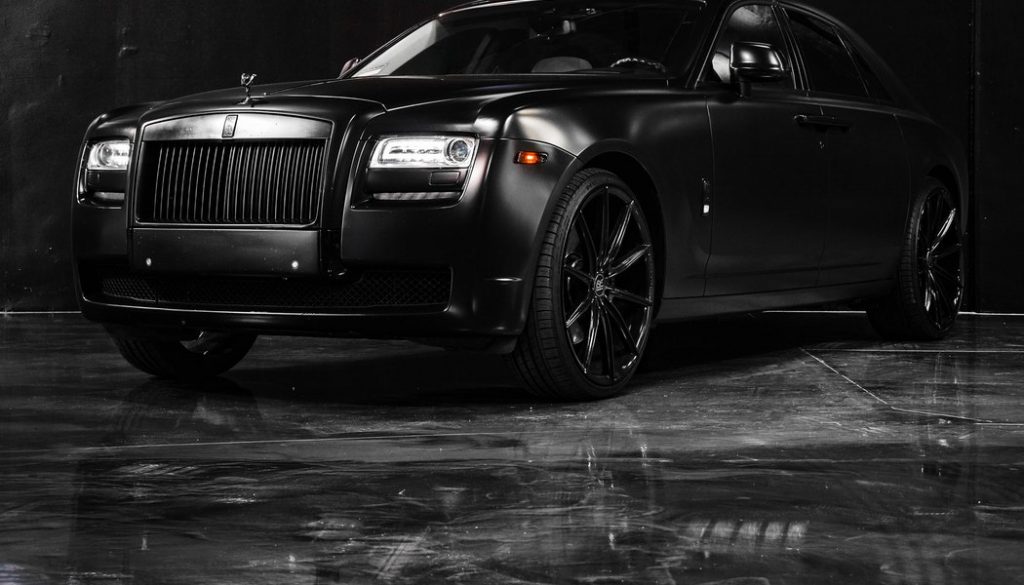By: Raymond James
About the Author:
Ray is a sought-after thought leader and an expert in financial and money management. He has been published and featured in over 50 leading sites and aims to contribute articles to help novice financial planners. One of his goals is to impart his knowledge in finance to educate and help ordinary people create and achieve their financial goals.
Buying a car can be stressful. There are some start-up preparations you can do in advance to ease up the process. Be armed with a wide range of information to make the right decision; this you can do by carrying out thorough research. Research on;

1. Credit Score
The most important thing to have before buying a car is finances. If you do not have the entire amount, there is a financing option where you get a loan. It helps you cover the whole amount for the car or top up what you already have. Having a good credit score gives you an upper hand in getting your loan approved. If the score is low, then work out an intermediary to raise the score or look for alternative lenders who may accept credit scores on the lower end.
2. Financing option
Once your credit score has gained momentum, analyze the financing options you have. These could be getting an auto loan from a car dealer or applying for one from an online lender. If you manage to get a secured loan beforehand from a lender, you are a step ahead and this may allow you even to negotiate the last price for the car in question. You can also consider online car finance.
3. Car valuation
Suppose you already have a car but want to trade it for another one. Salesmen will rarely tell you the worth of your car, so it is in your best interest to do some research. Try to gauge the vehicle’s trade-in value; when you go to the dealer, ensure you settle for a deal that gives you the most out of the car you are trading. You could also consider selling the car privately, that way you could get more money for it.
4. Payment deals
Auto loans come with set payment options that give you a variety of choices and terms for your loan repayment. When deciding on the options given by the lender, work out your budget with different figures to find what works for you. It is advisable to have a down payment for the car to reduce the loan size you need.
5. Buying or leasing
This is simply the question of are you owning the car or rent it. It is essential first to analyze all the involved aspects. If you decide to buy it, then it means you are financing the full purchase price. If you lease, you will pay for the period you use it.
However, there are often restrictions to the mileage you can cover in leasing. This may not be suitable for a long-distance traveler. Another thing is that if the car is damaged during the lease period, you will have to pay for the damages.
6. New or Second Hand
For new or used, each has advantages and disadvantages.
With a new car, yes, its price is higher, but it will require less maintenance and repair, plus its warranty is better. For a second-hand car, you get it at a lower price with reduced interest rates, but it may not have any warranty, and you may incur some repair expenses.
7. Decide on the model
Cars come in all shapes, sizes, and models, and the truth is that it can be overwhelming and misleading before you purchase one; research other models and check which one meets your needs. Make a list of the fundamental factors to consider, such as price, body style, and mileage.
8. Dealers history
Before you buy a car from a dealer, first look at its reputation. Are they trustworthy? You can review multiple dealers around you to weigh who is better and get advice from friends.
9. Car History
Once you decide on the model you want, do some research on other users’ experiences with the same model. Get an inspection done on the car for any potential damages that may be costly in the long run.
10. Work on those negotiation skills
Do some research here to understand the different prices at which you can get the model and negotiate for a lower deal. Understanding how to negotiate fairly is a skill that will serve you well.
Conclusion
When buying a car, it would be best to put all the stated matters into consideration. Look at your credit score, determine your financing option, and look into the dealer’s reputation. The idea is to have information to back you up when settling for a deal.
READ MORE: How can I speak to a live person at Google?
